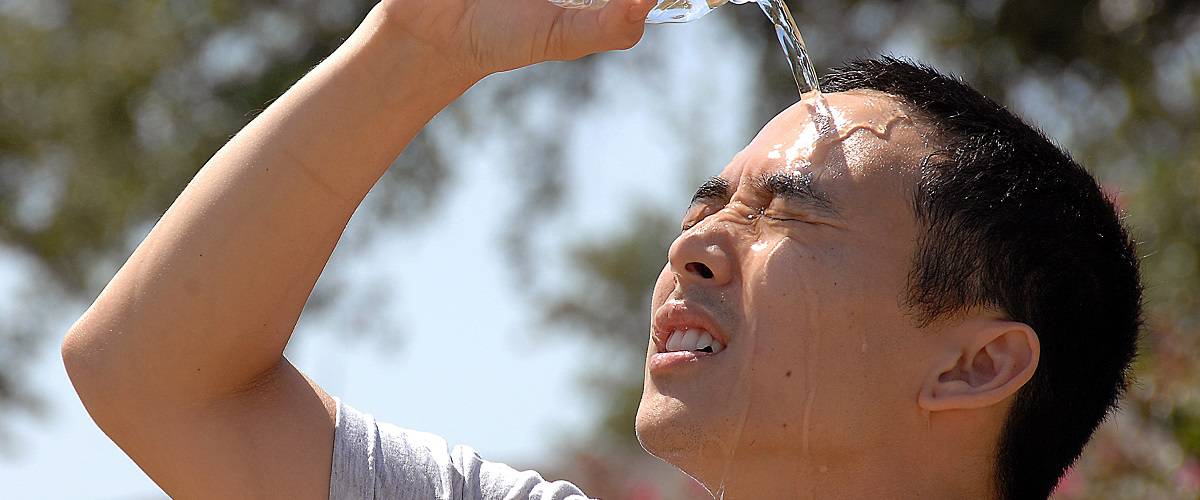Heat is a staple of nearly all life. Though too much heat is a problem. This summer is becoming a hot one. And with the AC recently going out in my car, I’ve become ever so much more aware of just how warm it can get. How can we prepare for handling the toasty weather?
The human body’s internal temperature should stay somewhere between 95.9 and 99.5 degrees Fahrenheit in order to function optimally. While this may seem high, it actually requires a fair bit of self-regulation to stay that way. If we don’t take care of our body’s temperature, we can succumb to a number of heat-related illnesses. Heat stroke, being a worst-case scenario, has a 10% to 50% chance of resulting in rapid death, according to the World Health Organisation.
Those most susceptible to heat issues are those whose bodies are furthest from their peak condition. This includes the elderly, babies, young children, and pregnant mothers. It can also be a risk for those with difficulty communicating, moving, or are bedridden, as they require assistance for things like showers and access to water.
Even when healthy, those dealing with heat-inducing environments have to be careful not to succumb to the heat. Those working outdoors, in direct sunlight, and in labor-heavy tasks, need to be sure to drink water regularly and take breaks if they begin to overheat.
Ways to Stay Cool
- Deploy standing fans in rooms regularly in use, like bedrooms.
- Ensure air conditioning units are operating as normal.
- Have fluids, preferably water, both cold and at the ready. Water is the body’s cooling method of choice.
- Deploy shade when able. This includes blinds, awnings, and umbrellas when necessary.
- Avoid alcohols, coffees, and teas, as they can dehydrate you easier than pure water.
- Place damp towels on your neck and shoulders.
- Soak your feet in cool water, not cold. If the water is too cold, then your blood vessels with constricting, limiting blood flow. Blood flow is important for regulating your overall body heat.
For more information about hot weather, heat waves, and more, I recommend consulting either the health.vic.gov.au‘s or Ready.gov‘s section on extreme heat.

